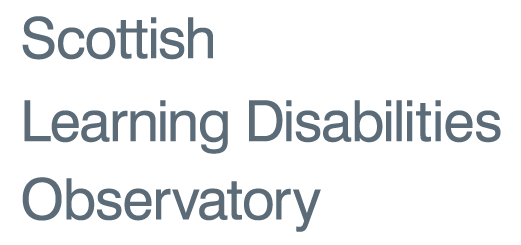In the whole population of Aberdeenshire, 0.6% of people are known to have autism. The prevalence of autism in the 0-15 age group is 2.0%. This reflects availability of diagnostic services for autism, which have improved considerably over the last two decades.
Aberdeenshire
Population size is 252,973
-
Choose
- Learning disabilities
- Autism
Population characteristics
Health
Households
Employment and education
Other topics
97.5%
were born in the UK
84.3%
are white and Scottish
91.1%
speak only English at home
Summary information
1,619 people are known to have autism; that's 0.6% of people
-
109 girls and 520 boys aged 0-15 are known to have autism, that is 0.7% of all girls and 3.14% of all boys aged 0-15
-
88 girls and 331 boys aged 16-24 are known to have autism, that is 0.7% of all girls and 2.5% of all boys aged 16-24
-
930 children and 689 adults are known to have autism
-
326 females and 1,293 males are known to have autism
-
44.2% of people known to have autism rate their health as very good, compared with 55.4% of all people; 1.5% of people known to have autism rate their health as very bad, compared with 0.7% of all people
-
26.6% of adults known to have autism have paid employment, compared with 66% of all adults; 8.1% of adults known to have autism are unemployed, compared with 2.7% of all adults
View other information
Explore
Choose People with learning disabilities data or People with Autism data
You may also choose topic or area
